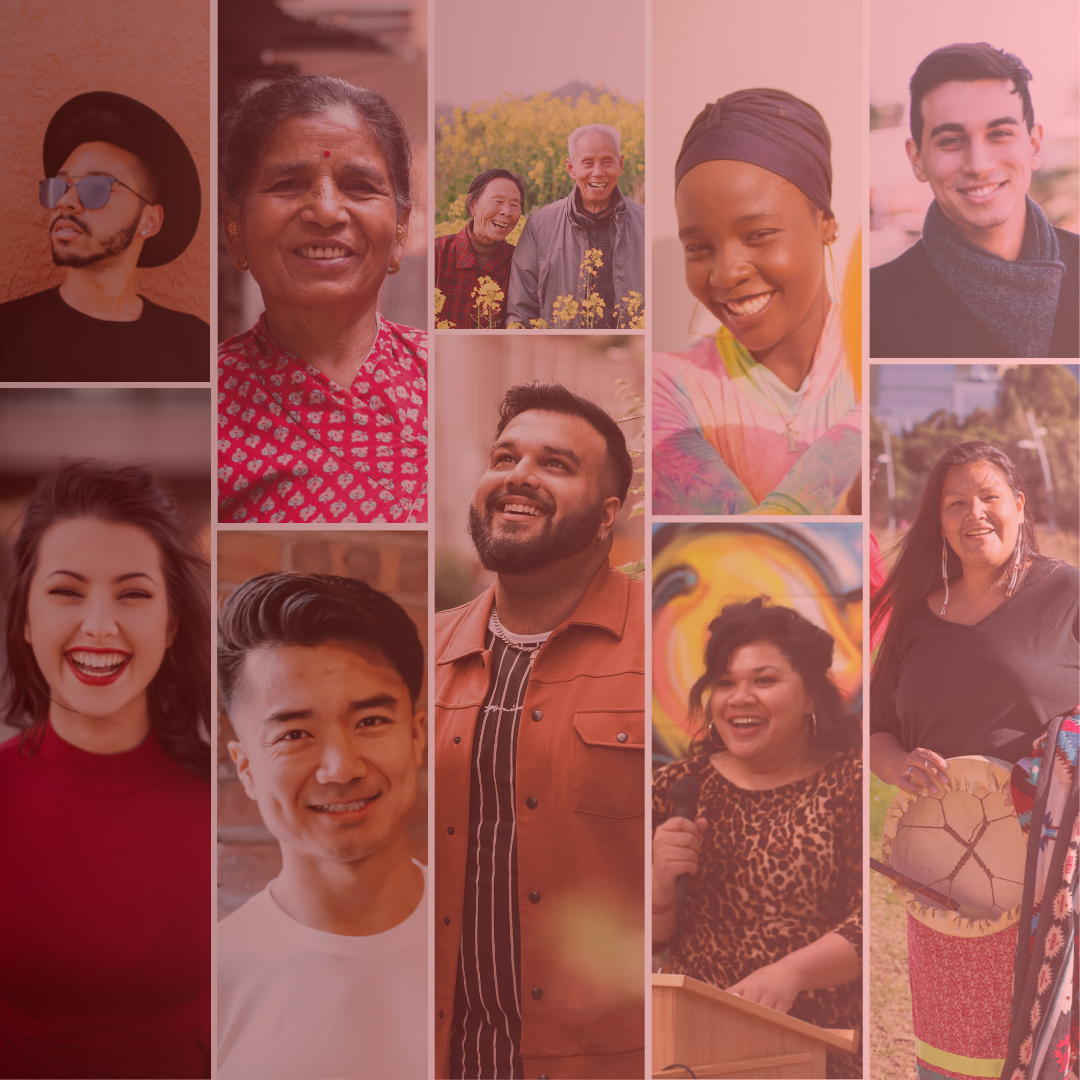utah's MLK Jr. Human Rights Commission
A Day On, Not Off
Utah’s Martin Luther King Jr. Human Rights Commission is pleased to present an online platform to help Utahns across the state to learn and reflect upon Dr. King’s legacy of building the "beloved community" in honor of Martin Luther King Jr. Day, which is celebrated on the third Monday in January.
Bridging the Knowledge Gap About Dr. King.
According to a January 2022 survey conducted by Brainly, of more than 1,700 U.S. students, 63 percent did not know of Dr. King’s contributions to ending racial segregation during the American civil rights movement. A vital part of the Commission’s purpose and vision is to bring Dr. King’s legacy and message of nonviolent social action to all citizens of Utah. This is only possible through partnerships between public, private, and community organizations to provide programs, resources and support to carry out Dr. King’s dream of service and engagement.
Need ideas on how to celebrate MLK Day? Download the Online Toolkit below and review the resources on this page!
> We would love to hear about your experience using this toolkit. Send us an email: [email protected].
2023 MLK Message: Gov. Spencer J. Cox & First Lady Abby Cox
Practice Nonviolence Everyday
Dr. King’s six principles of nonviolence: One piece of Dr. King’s enduring legacy are his six principles of nonviolence. While these principles initially guided the nonviolent protests of the civil rights movement, they can be good guides on how to engage in civil discourse as well. They are:
Nonviolence is a way of life for courageous people
It is not a method for cowards; it does resist. It is active nonviolent resistance to evil. It is aggressive spiritually, mentally, and emotionally.
Nonviolence seeks to win friendship and understanding.
The outcome of nonviolence is the creation of the Beloved Community. The end result of nonviolence is redemption and reconciliation,
Nonviolence seeks to defeat injustice, not people.
Nonviolence recognizes that evildoers are also victims and are not evil people. The nonviolent resister seeks to defeat evil not persons victimized by evil.
Nonviolence holds that suffering can educate and transform.
Nonviolence is a willingness to accept suffering without retaliation; to accept blows without striking back. Nonviolence is a willingness to accept violence if necessary but never inflict it. Nonviolence holds that unearned suffering for a cause is redemptive and has tremendous educational and transforming possibilities.
Nonviolence chooses love instead of hate.
Nonviolence resists violence of the spirit as well as the body. Nonviolent love is spontaneous, unselfish, and creative.
Nonviolence believes that the universe is on the side of justice.
The nonviolent resister has deep faith that justice will eventually win. Nonviolence believes that God is a God of justice.
Credit: The King Center
Join Us in Helping Create Dr. King's Vision of the "Beloved Community"







